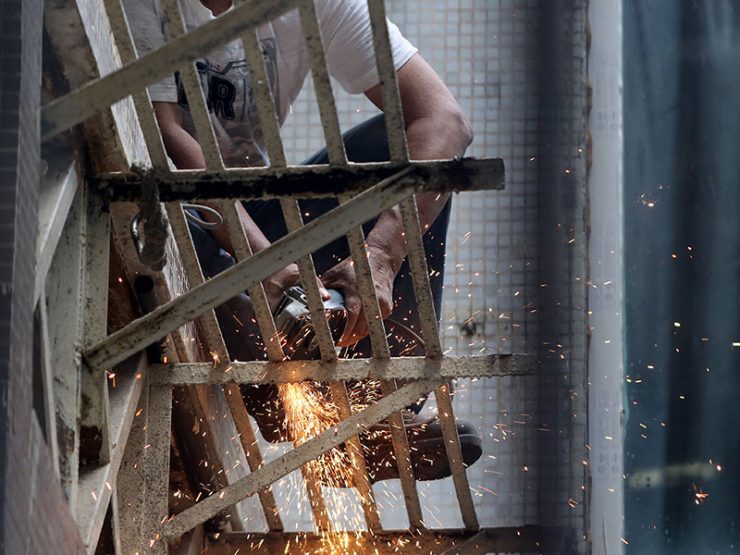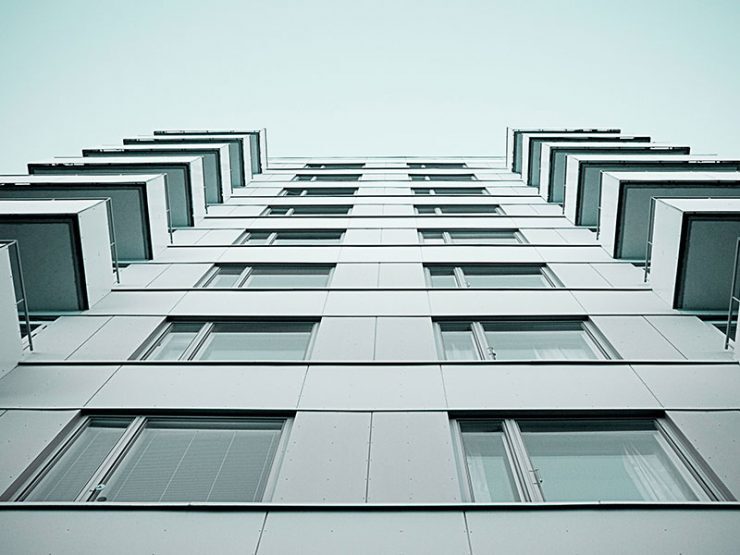Materials
Casting Materials
When choosing a suitable metal casting for a given engineering product design, several factors should be considered such as part shape and size, required quantity, required tolerance and material. The size, shape, and mass requirements for a component or joint will have a huge influence on the materials that can be used.
We produce many different materials for many industrial usage scenarios.
Stainless Steel
Stainless steel is an iron-based alloy that is well-known for its ability to resist corrosion and heat. It contains at least 10.5% chromium, which provides it with a higher level of corrosion resistance than other steels². Some of the key benefits of using stainless steel in industrial applications include its ability to resist corrosion, its high tensile strength and durability, its ability to withstand high temperatures, its ease of formability and fabrication, its low maintenance requirements, its attractive appearance and its environmentally friendly nature as it is recyclable.
Alloy Steel
Alloy steel is a variety of steel that includes alloying elements like chromium, nickel, manganese, molybdenum, silicon, tungsten, vanadium and boron. These elements are added to enhance the steel’s properties. Alloy steels possess a range of unique characteristics such as hardness, toughness, corrosion resistance, magnetizability and ductility. When compared to carbon steels, alloy steels can exhibit improved strength, hardness, toughness, wear resistance, corrosion resistance and hot hardness.
Low Alloy Steels
Low alloy steels are typically composed of plain carbon steels and steels with a total alloying content of up to 12 wt%. These steels are used in a variety of applications, including those in heavy engineering industries¹. Welding and fabrication of low-alloy steels can present specific challenges, as each alloy combination has its own weldability considerations. High strength low alloy steels have a tempered martensite microstructure and are primarily used in mechanical systems in aircraft, such as landing gear and gearbox components, as well as high strength bolts and fittings.
Manganese and High Manganese Steel
Manganese steel is a highly durable material that contains 11-14 percent manganese. It provides a hard, wear-resistant and self-renewing surface over an unbreakable core. Manganese Steel has self-hardening properties and has been widely used in the mining industry, as well as in tractors, cement mixers, rock crushers, elevators and shovel containers. It is also used in the rail industry for switches and crossings and other high-impact situations.
Ni-Hard Castings
Ni-Hard is a white cast iron alloy containing Ni, Cr and Mo. It has high strength and resistance to abrasion, corrosion and fracture. It is ideal for use in mining, minerals and iron processing industries. Ni-Hard castings have a minimum wear resistance of 550 Brinell hardness. They extend product life compared to other cast iron or mild steel components and are used in power generation and construction industries. Brick, asphalt, cement, concrete, rock, sand and gravel industries are some of the industries that Ni-Hard is widely used.
























